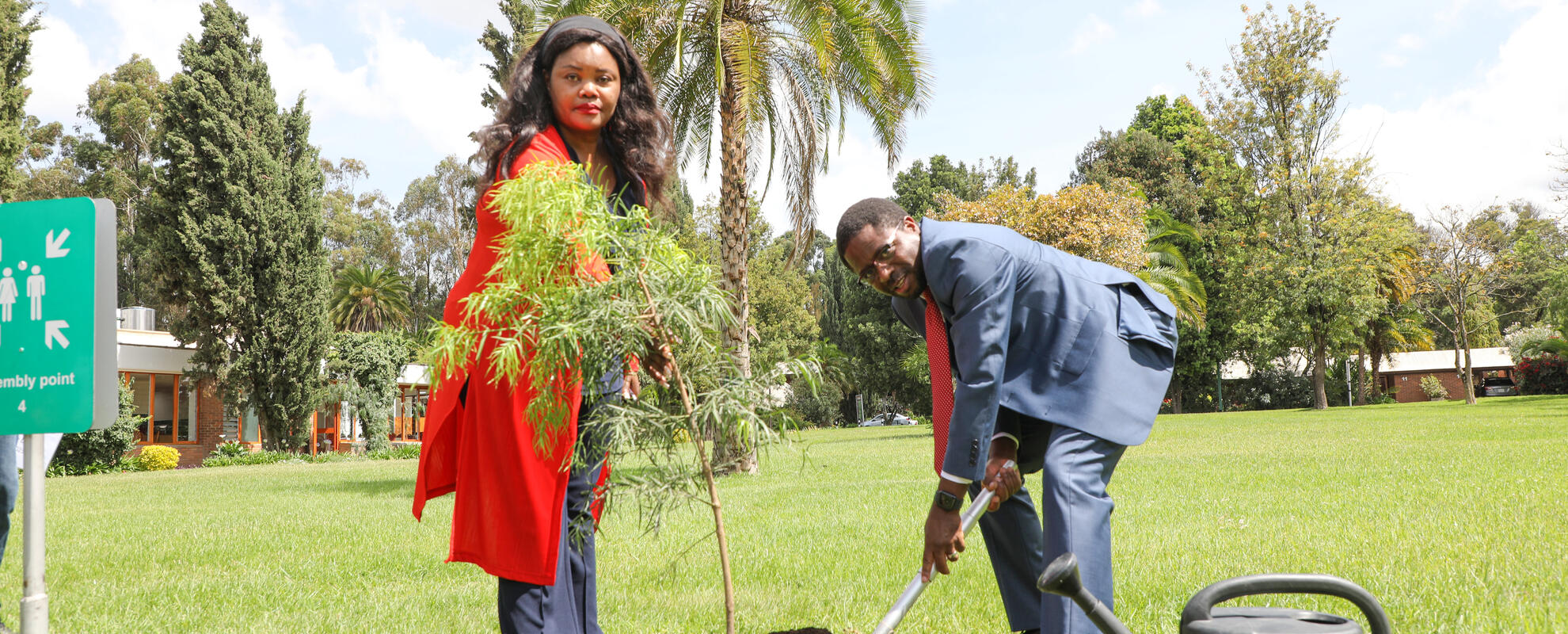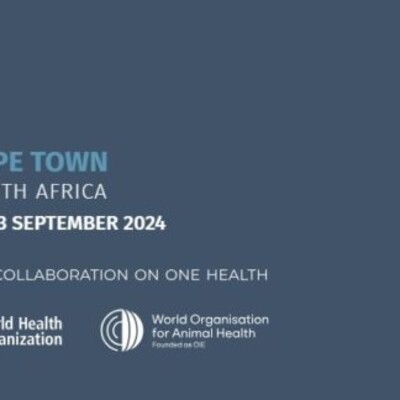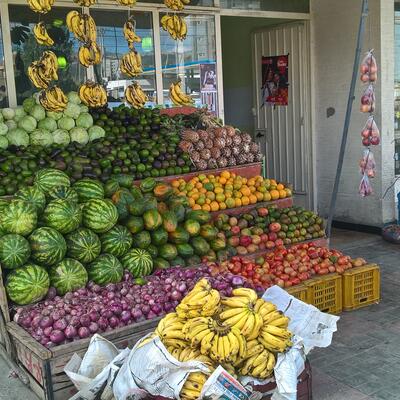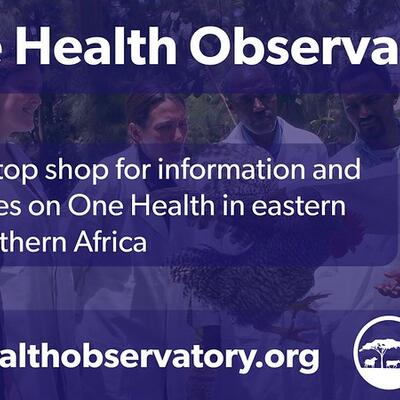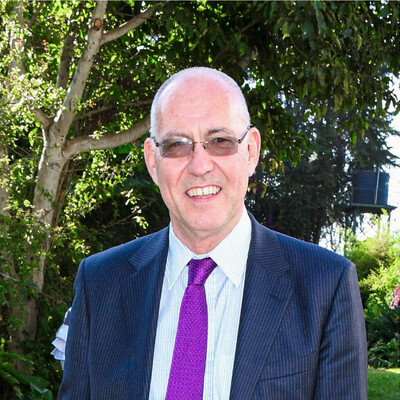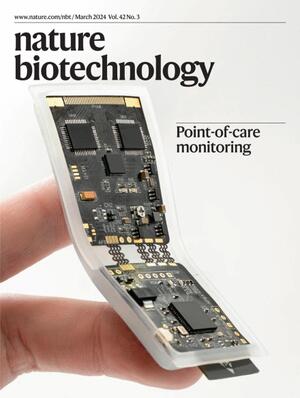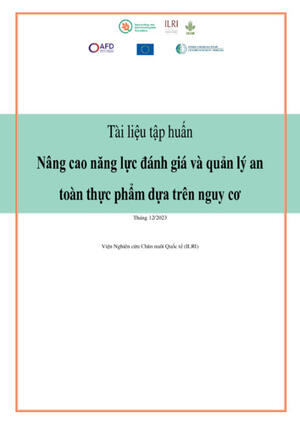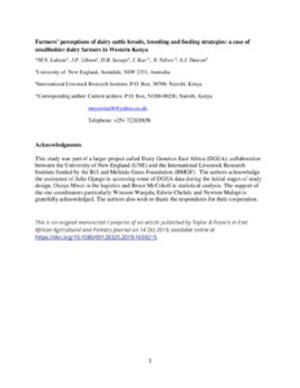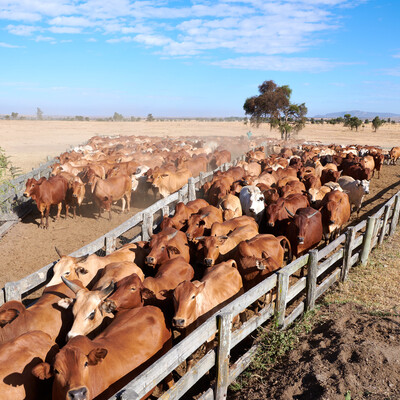
My first year as director general
Dear colleagues and partners,
April 2024 marks my first full year as director general of the International Livestock Research Institute (ILRI) and senior director of CGIAR livestock-based systems. Three months into my tenure, I was also appointed interim managing director CGIAR’s Resilient Agrifood Systems (RAFS). It has been a very exciting, challenging yet humbling journey. I wish first of all to sincerely thank you for your support and your vote of confidence in the leadership that I have brought to ILRI.
Building on nearly five decades of great impact of ILRI, CGIAR and our partners, my focus has been on the following priority areas.
ILRI 2030 strategy: The new strategy is centred on ‘Unlocking sustainable livestock’s potential through research for better lives and a better planet'. This, along with the new ILRI research and innovation strategy, will inspire new directions and allow our research to benefit hundreds of millions of more people, by deploying scalable solutions while influencing policies and investments to achieve significant impacts. It emphasizes improving lives in the Global South through equitable and resilient livestock systems, contributing to food systems transformation with climate and environmental benefits. The strategy ensures value for money by targeting research effectively and leveraging partnerships and innovative approaches. The strategy also emphasizes the importance of providing enhanced support to policymakers, donors and investors in sustainable livestock systems. This will include building upon our thought leadership and advocacy efforts, improving foresight and analysis, and understanding the political economy within which decisions are made. The strategy went through extensive consultation and has been well received by the board, partners and ILRI staff.
Partnerships and external engagements: A central element to my vision is nurturing partnerships and working within and beyond CGIAR. This is demonstrated through many engagements during the past year. We have been pleased to welcome many visitors to the ILRI campuses in Nairobi and Addis Ababa, as well as ILRI’s other locations. We’ve initiated exciting new collaborations with upstream partners to ensure our solutions include the latest science and technology and reach far and wide. ILRI has also fostered strong new partnerships with the private sector including Zoetis, Thermofisher and Illumina. We also have established strategic research alliances with Edinburgh University, University of Ghent, Iowa State University, University of Tennessee, the United Nations Environmental Programme, International Dairy Federation, the Ministry of Agriculture and Livestock Development in Nepal, and Mohammed VI Polytechnic University.
Embracing climate change and the food systems transformation as key drivers of our interventions: We have reshaped our vision and mission and defined our strategic challenges to position us for agile response to the complex development challenges of the day. ILRI has reshaped its ambitions to address the complex challenge of harnessing the latest innovations—not just to deliver more meat, milk and eggs, but to do so in ways that contribute to wider development impacts.
Through consultations, global development assessments and other processes, we identified four inter-related strategic challenges that must be addressed by ILRI’s research to improve the lives of men, women and young people in the Global South.
Strengthening the CGIAR proposition: Under CGIAR's RAFS science area, a major focus has been on the implementation of the CGIAR Initiatives and the transition to a 2025 research portfolio as a more ambitious and visionary vehicle to address food, land and water systems challenges as expressed in the 2030 CGIAR Research and Innovation strategy. In early 2024, ILRI was pleased to host the new CGIAR executive director, Ismahane Elouafi, and her deputy, Guillaume Grosso, in Kenya and Ethiopia. Elouafi shared her vision and listened to the concerns and aspirations of staff. As CGIAR steps up to a renewed sense of purpose and mission, we are pleased that the first-ever CGIAR Science Week will be held in Nairobi from 1-5 July 2024.
ILRI and other Kenya-based centres also had the opportunity to host members of the Independent Science and Development Council (ISDC) in Nairobi in February. A highlight was a share fair which showcased around 17 innovations illustrating CGIAR’s work with partners addressing CGIAR’s five impact areas in east Africa. It provided a unique opportunity for the ISDC to discuss science and its delivery directly with partners and scientists.
Coordinating CGIAR's voices and value proposition in Africa: ILRI hosted CGIAR's Africa-based directors general and regional directors in Addis Ababa during the annual meeting of the African Union. This allowed CGIAR to have a more integrated and demand-driven approach to engaging with African Union. AfricaRice, the Center for International Forestry Research and World Agroforestry (CIFOR), the International Center for Agriculture Research in the Dry Areas (ICARDA), the International Institute of Tropical Agriculture (IITA) and ILRI are now at the forefront in developing a more coordinated approach to Africa-wide engagement.
Over the next nine months we will be celebrating ILRI’s 50th anniversary, highlighting our key achievements through partnerships and promoting the role of livestock systems in transforming food systems in low- and middle-income countries. This will include special events on the sidelines of major global, regional and national events. Watch this space for events and activities that will take place.
For me personally, the past year has been a great journey. It has been a pleasure to meet and engage with ILRI's longstanding partners as well as build new partnerships. I have enjoyed listening to, and working with, ILRI and CGIAR scientists to better learn about their cutting-edge science that is so critical to ensuring sustainable food systems. I have also relished my role in CGIAR's transition to ensure sustainable livestock is seen as a key component of CGIAR moving forward.
I would like to thank our staff, board and partners and look forward to further collaboration and new partnerships to realize livestock’s potential to nourish people and the planet.
Sincerely,
Appolinaire Djikeng





